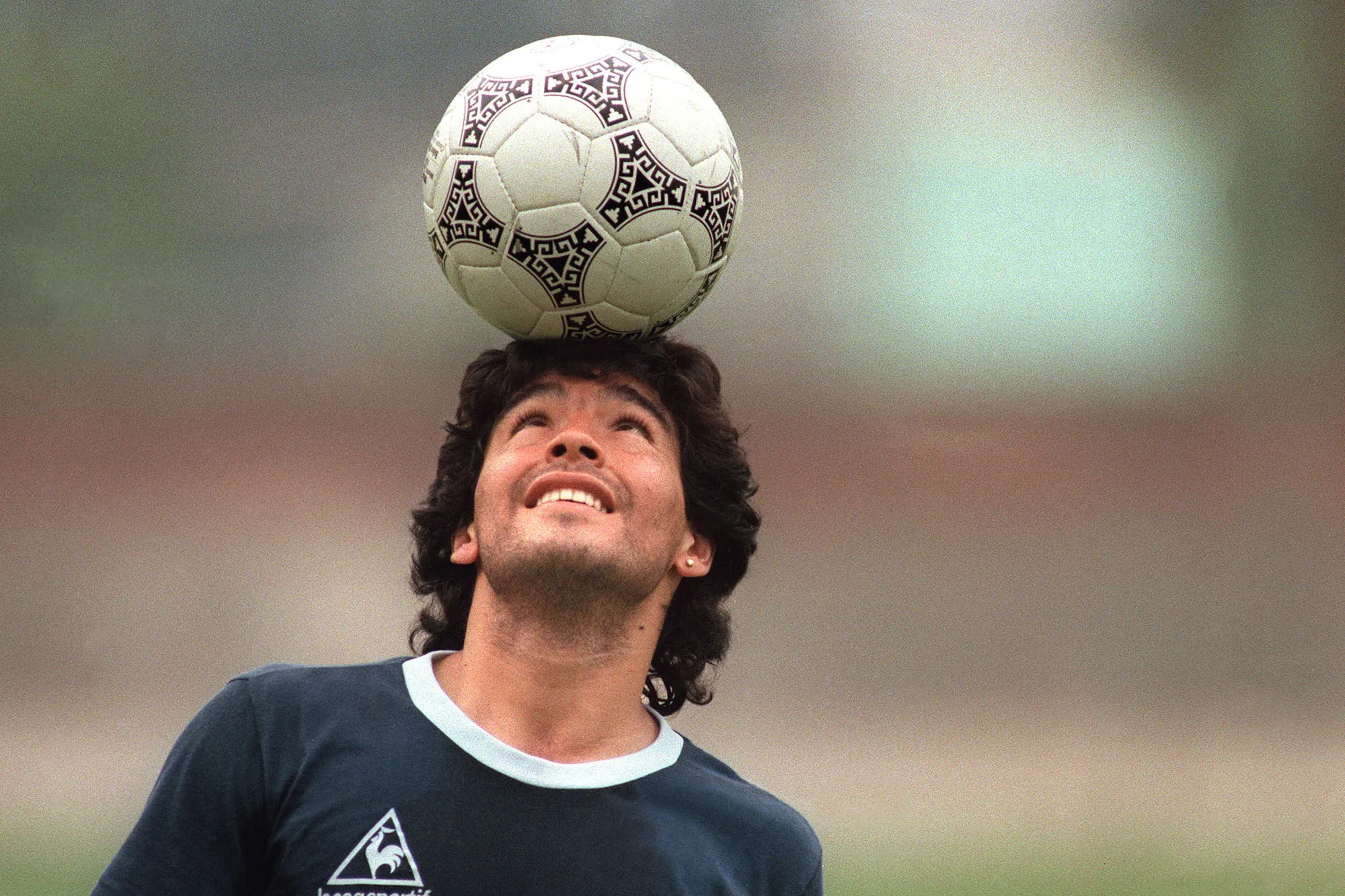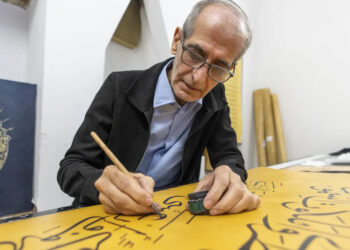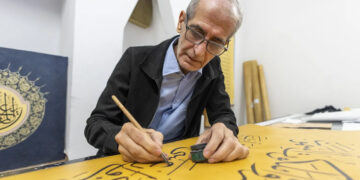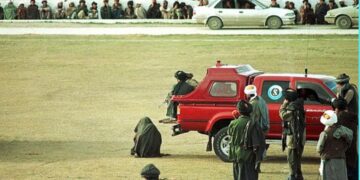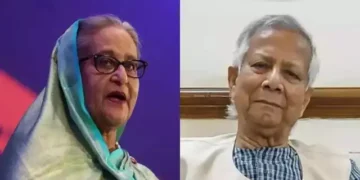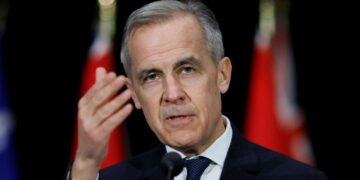Highlights
- Legendary Argentine footballer Diego Maradona was born on October 30, 1960
- Led Argentina to World Cup glory in 1986
- Became a hero in Italy’s Napoli with league and European titles
- Faced controversies over doping and drug issues
- Passed away in 2020, leaving behind an unmatched legacy
The Birth of a Legend
Diego Armando Maradona, one of the greatest footballers in history, was born on October 30, 1960, in a poor neighbourhood of Villa Fiorito, Buenos Aires, Argentina. From a young age, his dream revolved around football. Today marks what would have been his 65th birthday.
The Rise of a Football Genius
Diego Maradona’s incredible journey began at just 16 years old, when he entered Argentina’s national team with his natural talent and skill. In 1979, at the age of 19, he led Argentina to victory in the Youth World Cup in Japan, earning the Golden Ball award.
“নিজের ব্যবসার জন্য এখন নিজের ওয়েবসাইট — মাত্র কয়েক মিনিটে Storola দিয়ে!”
That triumph made Argentina realize that a new star had arrived—one who would change football forever.
World Cup Glory and Global Fame
Diego Maradona played his first World Cup in 1982 in Spain. However, his campaign ended early after receiving a red card against Brazil. But four years later, in 1986, he made history in Mexico. With breathtaking performances and leadership, Maradona led Argentina to their second World Cup title, dazzling the world with his magic.
From that moment, he became known as the “Football Magician.”
The Hero of Napoli
After conquering the world, Maradona moved to Italy’s Napoli, where he became a savior figure. During the late 1980s, he guided the struggling club to Serie A and European Cup victories, defeating giants like Juventus and AC Milan.
In just seven years, Maradona became a demigod in Naples, not only for his football but also for his compassion toward poor children in the city. To this day, the people of Naples remember him with endless love and respect.
Read More: Bangladesh’s Foreign Currency Reserves Rise to $27.34 Billion
Controversies and Struggles
Despite his greatness, Maradona’s career was not free of controversies. In the 1990 World Cup, held again in Italy, he led Argentina to the final but later tested positive for drugs, resulting in a 15-month ban.
In 1991, he was arrested in Naples for drug possession. Again, in 1994, during the World Cup, he was expelled after failing another dope test.
Throughout his 20-year career, both for club and country, Maradona scored a total of 346 goals—a testament to his brilliance on the pitch.
The Final Chapter
In 2020, Maradona celebrated his 60th birthday while in hospital isolation in Buenos Aires. Just a few weeks later, on November 25, 2020, the world lost the football legend to a heart attack.
Two years after his death, Lionel Messi—his spiritual successor—led Argentina to World Cup victory again in 2022, following in the path shown by his mentor.
It was a bittersweet moment for fans who wished Maradona had lived to witness that triumph.
A Coach and a Guiding Light
Maradona also worked as a coach, leading Argentina in the 2010 World Cup, where the team lost to Germany in the quarterfinals. Though not as successful as a coach, Maradona remained a symbol of hope and inspiration for Argentine football.
If he were alive today, he would surely have been overjoyed to see Argentina lift the World Cup once again in Qatar.
Source: On This Day

